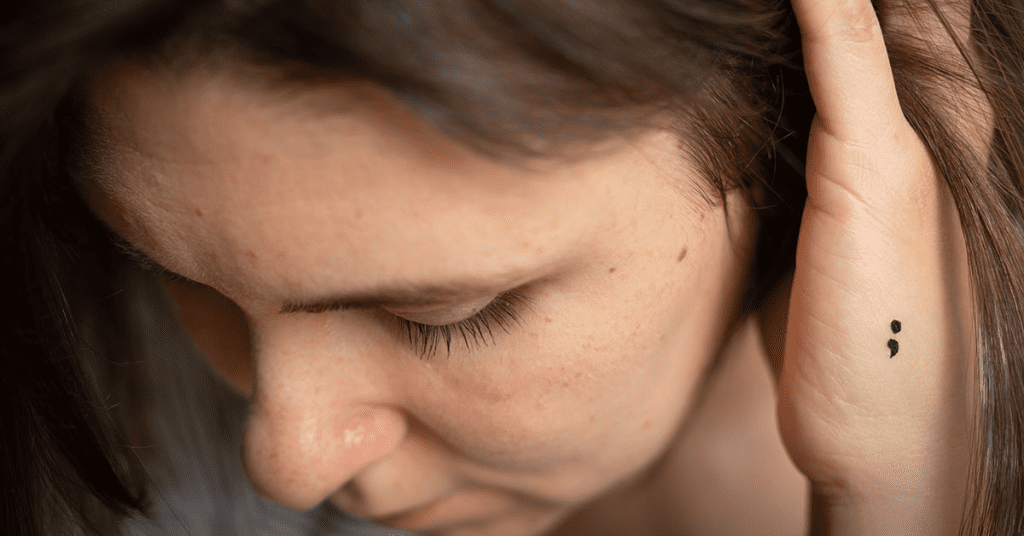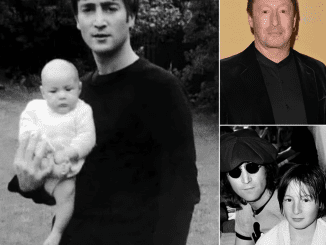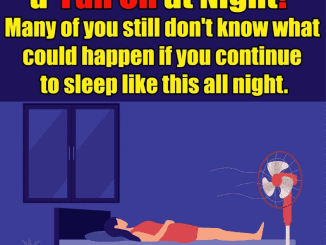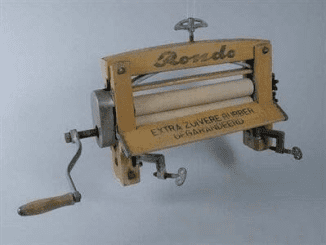The human body has long been a canvas for self-expression, with people adorning their skin with tattoos that hold deep personal meaning. However, among the countless designs and trends, one tattoo stands out as a powerful symbol of hope, resilience, and solidarity – the semicolon tattoo.

This unassuming punctuation mark has become a beacon of light for those struggling with mental health issues, suicide, addiction, and self-harm. Far more than just a passing fad, the semicolon tattoo has evolved into a movement that is transforming lives and fostering crucial conversations about mental health.
The semicolon tattoo trend can be traced back to 2013, when a grassroots project known as “Project Semicolon” launched on social media. The creators of this initiative had a simple yet profoundly impactful message: “A semicolon is used when an author could’ve chosen to end their sentence, but instead chose to continue. The author is you and the sentence is your life.”
This powerful analogy resonated with individuals around the world who were grappling with mental health challenges. The idea of choosing to continue one’s “sentence” – to persevere in the face of adversity – struck a chord and inspired countless people to adorn their bodies with this meaningful symbol.
As the semicolon tattoo gained popularity, it became more than just a personal expression; it became a conversation starter. When someone sees a semicolon tattoo, they are immediately compelled to ask about its significance, providing an opportunity to openly discuss mental health and the struggles that so many people face.

Image Credit: The Semicolon Tattoo Project
“The semicolon tattoo is a conversation starter,” explains Jenn, one of the co-founders of the Semicolon Tattoo Project. “People ask what it is, and we get to tell them the purpose.” This exchange not only helps to raise awareness but also serves as a bridge, connecting those who have experienced mental health challenges with those who may not fully understand the depth of the issue.

Image Credit: The Semicolon Tattoo Project
The Semicolon Tattoo Project has evolved into a global movement, with individuals from all walks of life coming together to support one another and share their stories. Through events, partnerships with crisis centers, and a strong presence on social media, the project has created a safe space for people to connect, heal, and find the courage to keep going.
“Tattoos are interesting — marks we put on our bodies that are important to us,” notes Jeremy, the other co-founder of the Semicolon Tattoo Project. “It provides a great opportunity to talk.” This exchange of stories and experiences has been instrumental in breaking down the stigma surrounding mental health, empowering individuals to seek help and support without fear of judgment.

Image Credit: The Semicolon Tattoo Project
For many, the semicolon tattoo has become a symbol of personal triumph over adversity. It serves as a constant reminder of the battles they have fought and the strength they have found within themselves to persevere.

One individual who has been deeply impacted by the Semicolon Tattoo Project shares their story: “I’ve dealt with anxiety, depression, and gender dysphoria for the better part of my life, and at times, that led me down a path that included self-harm and suicide attempts. But here I am, years later, finally fitting the pieces of my life together in a way I never thought they could before. The semicolon (and the message that goes along with it) is a reminder that I’ve faced dark times, but I’m still here.”

Source: Shutterstock
The semicolon tattoo has become a powerful symbol of hope, resilience, and the determination to overcome mental health challenges. By sparking crucial conversations and fostering a supportive community, this unassuming punctuation mark has the power to transform lives, save lives, and inspire individuals to keep writing their stories.
As the semicolon tattoo movement continues to grow, it serves as a reminder that no one is alone in their struggles, and that there is always a path forward, even in the darkest of times.


